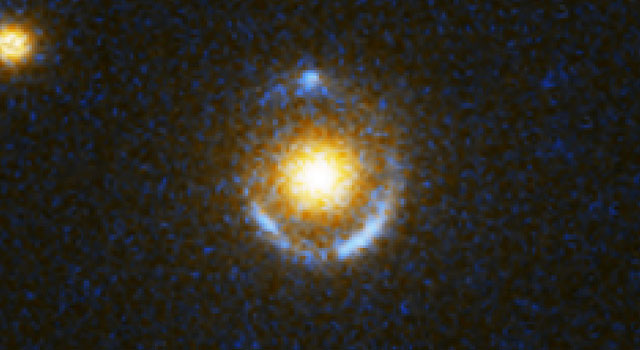Three scientists have just been awarded a Nobel Prize in physics for 2019. They won it for their work making ground-breaking discoveries about the universe and evolution throughout time. James Peebles is a Canadian scientist and is part of the three scientists awarded the prize. He received almost half of the prize money after it was announced by the Royal Swedish Academy of Sciences. The event was held in Stockholm for his contribution to the discoveries that included theoretical information about evolution.
The other two scientists are Swiss astronomers, Didier Queloz and Michel Mayor. Together, they won the rest of the Nobel prize money for their discovery of a new planet just beyond the solar system. They were the first to discover a planet outside of our current solar system.
Peebles brought to the table deep insight about physical cosmology and was awarded because it has laid the foundation for new changes in the field of cosmology. The field has not been changed in more than 50 years. From what used to be mere speculation has turned to pure science. More worlds far beyond our solar system have now transformed our knowledge of the Milky Way. Their discoveries have also changed the perspective of our place within the solar system.
Queloz and Mayor first discovered this new exoplanet in 1995. It is more than 50 light-years away and located on the Pegasus constellation. Since their findings, thousands of other exoplanets have been found by scientists around the world. This has to lead to a deeper understanding of our planet and those in our solar system.
A member of the committee that gives the Nobel prize, Ulf Danielsson, had stated in a recent interview that both of the prizes were essential in changing our current perspectives about our place here on earth.
Along with Peebles’ awarded findings, he was also acknowledged for predicting the existence of background radiation from the cosmic microwave. This “afterglow” is the leftover radiation from the Big Bang. He has also made other contributions related to dark energy and dark matter. These are the very mysterious elements that make up more than 95% of the entire universe.
He was asked what he thought his most important contribution to science this far has been. Peebles thinks his collaborative work is what has been the best he has contributed and that it was not just a single thing. His findings are a compilation of his life’s work and passion.



